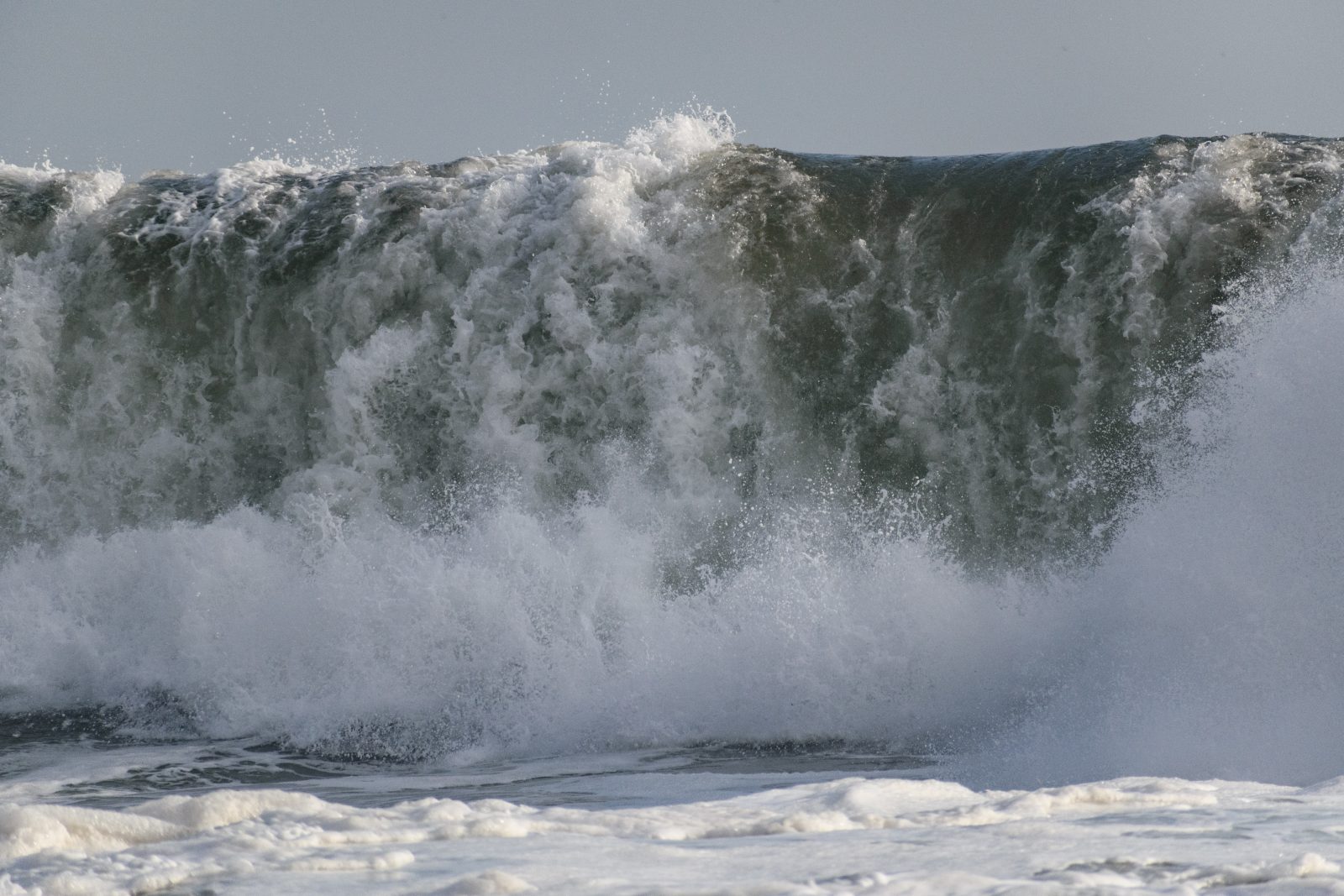Oregon Extends Statutory Limitations Period on Most Civil Claims Due to COVID-19
From the desk of Jeff Eberhard: Plaintiffs have an interest in being able to bring lawsuits to recover for damages they believe were caused by a defendant. Defendants have a countervailing interest in ensuring that they are not forever exposed to a potential claim. The legislature’s answer to protecting both of these interests? Statutory time limitations within which a plaintiff must bring their claim following an injury or damaging act. If the injured party does not file suit within that time period, the claim is lost. However, plaintiffs with claims for damages/injuries in Oregon will have extra time to file their lawsuits, provided that the relevant statutory period would have expired between June 30, 2020 and 90 days after the end of Oregon’s state of emergency declaration. I encourage you to read on to see how this significant development could affect your cases, whether you are an attorney, claims adjuster, or simply an interested individual.
House Bill 4212 (effective June 30, 2020).
As of June 30th, 2020, the statutes of limitations governing most (but not all types) of civil claims in Oregon have been effectively paused until 90 days after Oregon is no longer subject to a state of emergency (“SOE”) declaration. At the outset, we note that this update does not affect time limitations on the commencement of criminal actions, appeals to/from the Oregon Tax Court, an appeal/judicial review proceeding in the Court of Appeals, or any type of proceeding in the Oregon Supreme Court. As to all else, applicable statutory limitation periods have been paused until 90 days after Oregon’s SOE declaration is no longer in effect.
Section 7(1) of House Bill (HB) 4212 provides that:
If the expiration of the time to commence an action or give notice of a claim falls within the time in which any declaration of a state of emergency issued by the Governor related to COVID-19, and any extension of the declaration, is in effect, or within 90 days after the declaration and any extension is no longer in effect, the expiration of the time to commence the action or give notice of the claim is extended to a date 90 days after the declaration and any extension is no longer in effect.
Its following subsections provide specific guidance as to what statutory limitations periods are affected, demonstrating clearly that the Bill’s reach is extensive. Not only does it include the time periods for commencing actions established in Oregon Revised Statute (ORS) Chapter 12, but also “any … time limitation for the commencement of a civil cause of action or the giving of notice of a civil claim established by statute.” HB 4212 Section 7(2)(d).
The easiest way to see the impact this significant development could have on your cases is to look at a hypothetical action taking place under present circumstances. The year is 2018. Summer is heating up and Mr. Mann wants to pick up a new barbecue so he can cook the perfect burger for his family, Mrs. Ma’am and their two kids, the McYoungsters. On one fateful day, July 20, 2018, while Mr. Mann is driving to the store, he is involved in a severe accident in which he sustains significant bodily injuries (thankfully, Mr. Mann makes a complete recovery, but he still needs to seek damages from the other vehicle’s driver). About two years later, on June 1, 2020, Mr. Mann retains an attorney who drafts a complaint against the other driver for personal injury damages. The attorney was correct to note that his client’s action for personal injury is subject to the two-year statute of limitations established by ORS 12.110 (the action must be initiated within two years from the date on which the underlying injury occurred). If he does not file the complaint on or before July 20, 2020, his client’s claim will be lost. Enter HB 4212. Oregon is in the midst of the COVID-19 pandemic and Governor Kate Brown has declared a statewide SOE. The SOE continues to be extended, and is in effect on July 20, 2020 – the day on which the relevant statutory limitations period would normally have expired on Mr. Mann’s claim.
What, then, is the effect? In short, Mr. Mann’s claim is now subject to a different statutory period – one which is longer than the usual two-year limitations period. Under present circumstances, the date on which his claim will expire is still unclear, as there is no way of knowing when precisely the Oregon SOE will be lifted, at which point a 90-day clock would begin to run on his claim. For example, if the Oregon SOE is lifted on September 1, 2020. Mr. Mann now has until December 1, 2020 – 90 days from the date on which Oregon’s SOE declaration is no longer in effect – to file his claim for personal injury.
To be clear, the provisions extending a statutory limitations period on a claim until 90 days after the Oregon SOE is no longer in effect applies only to claims whose statutory period would expire (1) during, or (2) within 90 days after the SOE or any extension thereof is no longer in effect. It does not pause the clock on claims whose limitations periods are currently running but which are not set to expire within the relevant period. For example, the two-year statutory window applicable to a party’s claim who was injured in an automobile accident on March 1, 2020 will still expire on March 1, 2022. Conceptualized another way, the test for determining the applicability of this extension is simple: Is the plaintiff’s claim subject to a statute of limitations which has expired/would expire while Oregon is under a SOE declaration? If yes, the applicable limitations period has been extended until 90 days after the SOE has ended. It will not be until that point – whenever that time may come – that the statutory limitations period will be said to have run.
This new statute was designed to protect the interests of injured parties by ensuring that events outside of their control do not operate to eliminate their ability to bring a claim for damages. However, since Oregon courts allow e-filing, new lawsuits are being filed every day. We will keep you posted and provide an update when Oregon has lifted its state of emergency.
See the history of the Bill:
https://olis.oregonlegislature.gov/liz/2020S1/Measures/Overview/HB4212

















